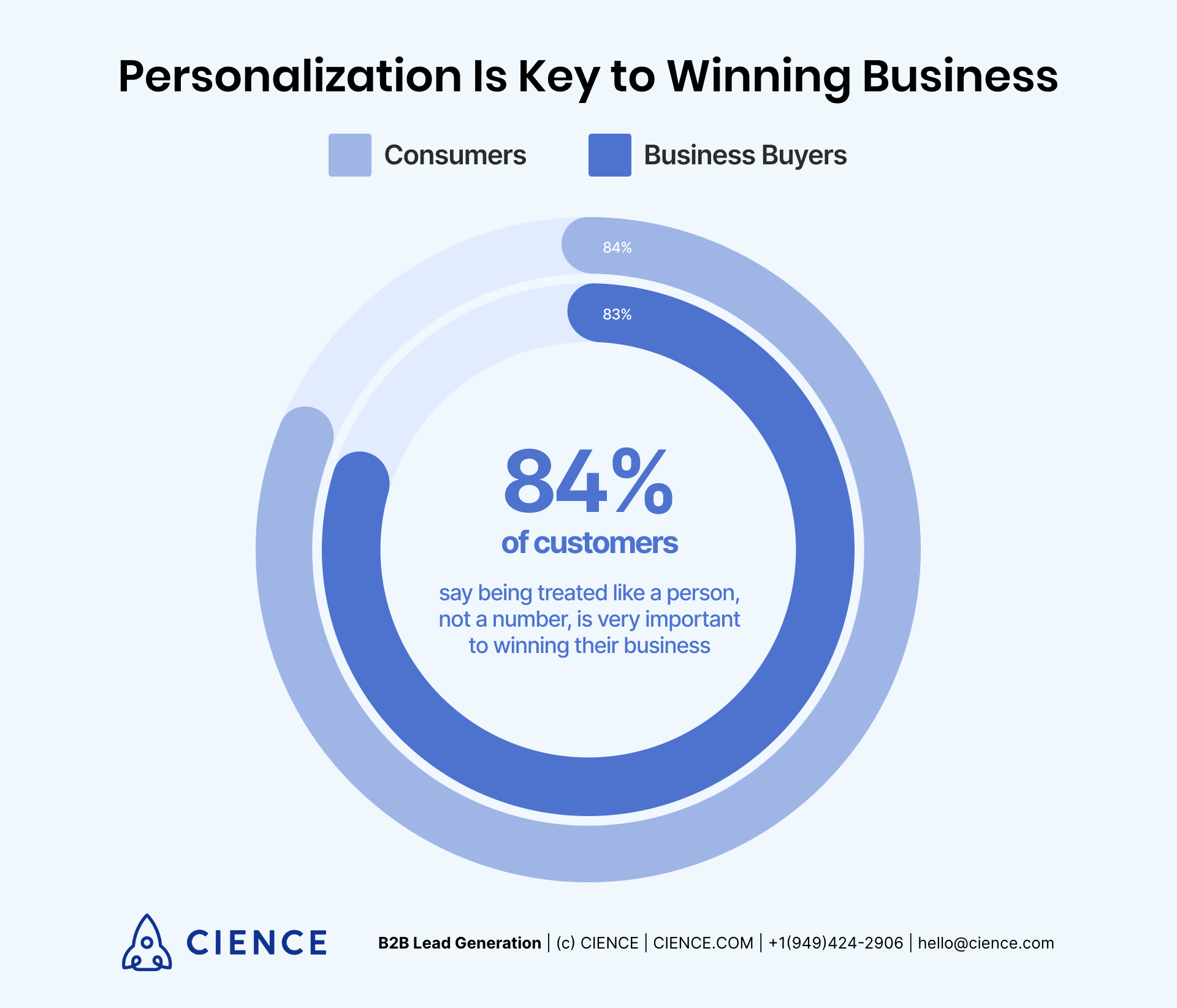Did you know that there are approximately 400 million small businesses worldwide? They constitute over 95 % of all companies and create 60 % - 70 % of employment globally.
🎓 CAFLOU® academy is brought to you by CAFLOU® - 100% digital business management software
If you’re one of these 400 million firm owners, you’re probably aware of all the challenges small businesses are facing. They have to compete with the big industry players and respond to the increasing consumer demands while staying within budget and keeping up with the latest operational requirements.
As a result, business owners are beginning to explore more of their industry’s trends. This will enable them to stay abreast with all innovative management strategies that will help them survive and flourish in the dynamic today’s market.
To empower you with the insights you need to keep your business thriving, we’ve compiled a list of nine emerging small business trends to expect in 2023.
Let’s dive right into the details.
Work flexibility prevails
The technology required to make flexible work arrangements possible has been here for quite a long time. However, it was only after the pandemic broke out that the flexibility of workplace arrangements grew to its full potential. The global lockdown triggered a dramatic shift towards the remote and hybrid workplace, with nearly 70 % of the workforce working from home on every workday as of 2020.
The figures are indicative - workplace flexibility is here to stay. 27 % of remote workers expect to continue working fully from home, and 61 % think they’ll continue to follow hybrid arrangements in the future. What’s more, 70 % of the workforce highly prefer flexible working hours and a hybrid workplace. Six in every ten employees would base their employment choices on the availability of a remote work option.
Work flexibility offers a number of benefits for small businesses, such as cost-effectiveness, reduced stress, and improved talent attraction and retention. Managing your team remotely does involve some challenges. With the right technology, however, you can implement the hybrid work model smoothly and make it work for you.

Task Management tools can track of how much work your employees do with workload reports
Project management tools, for example, enable you to easily manage your team, assign tasks to remote and on-site employees, track their progress in real-time, and simplify reporting and invoicing.
Communication is in focus for small business management
Efficient interactions are essential for maintaining a healthy and productive work environment. Conversation gaps are the primary cause of business failure, according to 86% of executives. On the other hand, fostering effective communication can boost team productivity by up to 25 %. This is just one of the many reasons why your business should make it a top priority.
Great communication contributes to building stronger workplace relationships that motivate progress towards a common goal and drive productivity. Employees are encouraged to share ideas, which paves the way to innovations. In addition, communication is a key to management transparency and this is critical for team consolidation and establishing a company culture.
You can tap on all these benefits by adopting cutting-edge technology that ensures seamless team interactions and collaboration, such as communication tools and applications. Instant messaging and video-conferencing platforms like Slack, Google Hangouts, Skype, Google Meet, Zoom, and Microsoft Teams are just some of the examples of applications you can use.
Another viable option is to concentrate your communications on a single digital business management platform that combines a video-conferencing tool, email integration, and notification on any important changes or comments. Thus, you’ll be able to keep your team connected and updated at all times, increasing their productivity.
Automation is the all-ruling king
With 66 % of small business owners recognizing automation as crucial for running their business, this is a dominant small business management trend for 2023. What makes automation so indispensable?
Benefits of automation for small businesses
Automation refers to the development and utilization of technology to monitor and facilitate processes and operations across various industries. Here are the major ways your business can benefit from it:
Automation saves time
Time is an invaluable asset of every business. Reportedly, employees spend more than three hours a day doing manual, mundane activities that are below their qualifications and aren’t part of their substantial job. Devoting such a significant part of their time to working about work can be boring and demotivating for your team and impair their productivity.
Automation is specifically designed to take repetitive tasks off the plate of your team, allowing them to better invest their time in valuable work that drives your business forward.
Automation helps you compete with larger organizations
This is claimed by 88 % of small businesses as indicated in the 2021 Zapier State of Business Automation Report cited above.
Automation gives them a competitive advantage by accelerating their operations, saving time, minimizing human error, and improving customer services.
Automation reduces human error
Human error is the most common cause for unplanned downtime in all industries. It accounts for 58 % of service downtime and costs small businesses approximately £5,306 per hour. Just take the Amazon Web Services outage in 2017, for example, which resulted in the temporary inoperability of a number of large and small business sites and assets. It was due to a command mistype during a routine debugging procedure. It’s overwhelming to think about the serious consequences of such a tiny mistake.
Automation is an effective response to such incidents by completing repetitive tasks with the same accuracy and precision. It can be applied to an extremely large range of processes, including marketing, logistics, accounting, payroll, invoicing, HR/Recruitment, and reporting operations.
Automation boosts employees’ productivity and satisfaction
Freed from tedious manual tasks, your team will be more motivated to invest their effort in your business growth.
Implementing automation of routine processes is a cost-effective solution, which can provide the savings necessary for offering your employees professional development and upskilling. This translates into enhanced employee loyalty and talent retention.
Automation reduces costs and ensures the quality of product
It saves the labor cost involved in the successful execution of manual tasks, streamlines operations, and ensures waste reduction and proper use of materials. Automation provides consistent quality of production following the preset practices and procedures.
Applications of automation in small business management
Automation provides small businesses with many options to reduce manual work in their processes and workflows, such as:
- Project management, offering automated workflows, task creation, assigning, and notification
- Finance management, enabling you to automate your cash flow management and avoid the common mistakes of handling it manually
Data-driven decisions are a major focus for small business management
Running a business based on data-driven predictions and decisions is important irrespective of the size of the business. Analytics and the information it provides help you stay competitive within your industry. Modern business management tools come with interactive dashboards, enhanced tracking and reporting features, and keeping historical records. All these capacities help business owners and decision-makers overcome biased judgments and make the best managerial choices.

A Business Management Platform allows you to keep track of cash flows
Time, progress, and cash flow tracking and reporting help small business management maintain transparency and keep tasks and processes in line with their budget and timeline. They contribute to improved accountability and better prioritizing and provide valuable insights into your operational and financial parameters.
Personalized customer service is a powerful tool in the small businesses’ arsenal
Customers increasingly demand personalized service. According to an online survey of 1,000 consumers by Epsilon and GBH, the vast majority of respondents (80 %) want personalized service from retailers. Personalized service entails customer experiences honed to each consumer’s particular needs and preferences. This kind of attention to detail gives your customers the impression that your company recognizes them as individuals, which deepens their relationship with your business.

In terms of personalized customer service, small business management has a competitive advantage over large enterprises. A small business has the advantage of personal contact with its customers. So, you can hear directly what their preferences are and adapt your services accordingly. This leads to increased customer satisfaction and retention. Small business management must take advantage of the customer demand for personalized service, as small businesses are in the ideal position to make the best of this opportunity.
E-commerce is a potent opportunity
Boosted by lockdowns during the pandemic, e-commerce has been growing steadily. In the year of the pandemic, global retail e-commerce sales grew by more than 25 %, and by 2023, online sales are expected to reach 22 % of global retail sales.
Since one in four small businesses still doesn't have an online store, small business management has a golden opportunity to expand the business online and gain a competitive edge.
Simply put, small businesses can no longer afford not to have an online presence. The fact is, consumers have become used to doing their shopping online from the comfort of their homes, and this trend is not likely to change. Businesses that don't take this trend into account and start operating online stand to lose out.
Online e-commerce platforms provide many benefits for a small business, including a wider customer base, increased sales, global reach without the need for physical stores, 24-hour customer service, and the possibility of automated product delivery.
Growing an online community is key
Growing an online community is a hot business trend. A vibrant online community is essential for meaningful interaction with your customers. Online communities arise when groups of people express their opinions about something online. The topic of conversation can be anything from favored sports stars and clothing brands to preferred diets and whether or not to home-school.
What does this trend mean for your small business? An online community that forms around your services and products can become your brand ambassadors. When nurtured carefully, and supported by uncompromising customer service, online communities can be a powerful marketing tool.
Apart from a closer relationship with customers, an online community holds other benefits for a small business:
- Higher customer retention rates
- Increased opportunities for cross-selling and upselling, leading to increased revenue
- Leveraging the loyalty of high-profile customers to promote the business
- Learning from interactions between community members what to do to improve the business and its offerings
Social media marketing is a must
This is another business trend that's not likely to go away. Even a scant look at social media statistics will convince any business owner of the importance of social media marketing. More than half (54 %) of social media users use these platforms to research products, and 79 % of people say that user-generated content on social media significantly impacts their purchasing decisions. The same percentage says they are more likely to buy from a brand after a positive social experience online. Those are numbers that no business can afford to ignore.

Small business management can easily find ways to engage an online community on social media by following some of the marketing efforts of successful online stores. There are many ways to engage your target audience on social media:
- Be responsive: answer questions and respond to comments
- Participate in conversations
- Respond to complaints
- Offer promotions
- Provide helpful content
- Share user-generated content
- Conduct polls and share the results
Cloud computing - the big opportunity for the small business
Cloud computing moves data and software from computers and local servers to online servers. Cloud computing being more cost-effective than private or hybrid clouds, small businesses are capitalizing on this business trend. According to Flexera, small and medium-sized enterprises {SMEs) run 43 % of their workloads in the public cloud.
Another indisputable benefit of moving operations to the cloud is the data security it offers. The maintenance, update, and safety of your software applications and data become the responsibility of cloud service providers. This saves you the expense of employing an IT professional, purchasing a server, and having to keep renewing software.
Cloud computing allows small businesses to be flexible, operating and collaborating from anywhere on any device in total security. Even if all computers and laptops are stolen, broken, or lost, your data is safe, and business can continue.
With cloud computing, all your business data is stored offsite where it's protected from real-world incidences like natural disasters or daily mishaps, ensuring business continuity.
Final thoughts
As a business owner, you’ll want to keep up with the latest management tendencies and make sure your business is well prepared and equipped for the ever-changing industry landscape. Keep your radar on these nine most salient small business trends for 2023 and safely navigate to digital business management.
<< Back to all articles in Caflou Business Management Academy